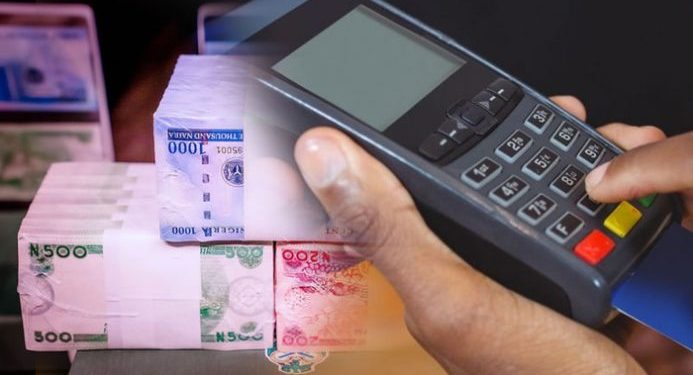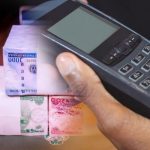Nigeria’s cashless economy is booming, with instant transfers driving a significant portion of the country’s N572.63 trillion in cashless transactions for the first seven months of 2024, according to data from the Nigeria Interbank Settlement System (NIBSS). This represents an 84.37% increase compared to the same period last year. However, point-of-sale (PoS) transactions, once a key player in the cashless transition, are experiencing a decline.
Instant payments saw a sharp rise of 86.44%, reaching N566.39 trillion, while PoS transactions dropped by 8.19% to N6.23 trillion. PoS had previously gained popularity following the Central Bank of Nigeria’s (CBN) 2022 naira redesign policy and withdrawal limits.
Since the CBN introduced the PoS system and agent banking in 2013 to promote financial inclusion, registered PoS terminals have increased by 802.93%, growing from 449,998 in 2020 to 4.06 million in July 2024.
Fintech companies like Opay and PalmPay are leading the charge in mobile money services, which are reshaping the financial landscape. “POS transactions have been a crucial driver for convenience, speed, and security in Nigeria’s cashless economy,” noted Zone, a fintech company, in its 2024 Nigerian Payments Report. However, the rise of mobile money, driven by smartphone penetration, is shifting transactions away from traditional PoS methods.
The surge in smartphone use—reaching 58% penetration in urban areas—has fueled a growing preference for mobile app and online transfers. “Everyone accepts transfers now, even people that sell in traffic,” said tech expert Temiloluwa Lawal. Daniel Ishie, a mobile money agent, added, “Even Keke drivers are accepting transfers.”
Opay and PalmPay have capitalized on this trend, boasting over 30 million users each. The mobile money boom has contributed to a rise in digital payments, helping expand financial services to remote and unbanked areas.
In line with the CBN’s Payments Vision 2025, the bank is committed to creating a fully electronic payment infrastructure powered by mobile technology. After introducing transaction limits in 2022, the CBN has encouraged alternative banking channels like internet banking, mobile apps, USSD, and eNaira.
Despite the rollback of certain withdrawal limits, the cashless economy continues to thrive. Experts predict that by 2025, mobile technology will play a central role in reducing the need for cash, making Nigeria a leader in the adoption of digital payments across Africa.
With the mobile money sector growing rapidly, Nigeria’s cashless future looks promising, creating new opportunities for MSMEs across the continent and enhancing financial inclusion for millions.










